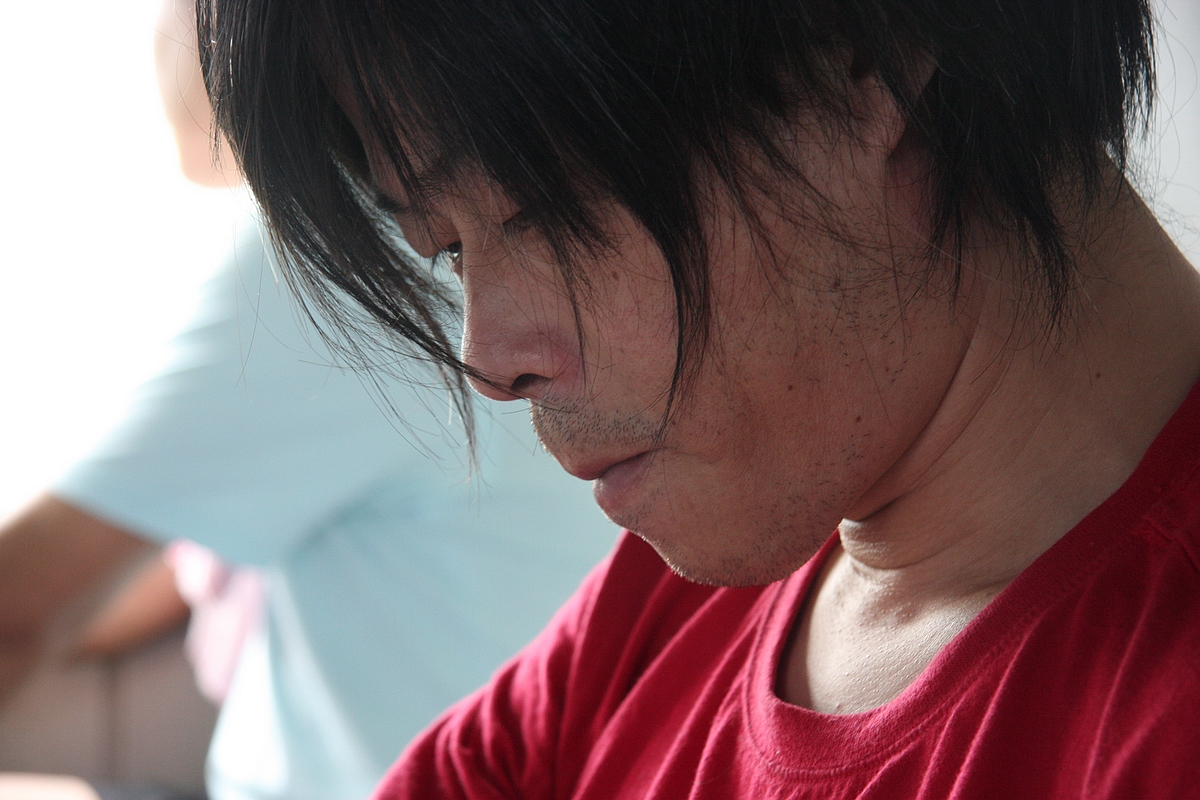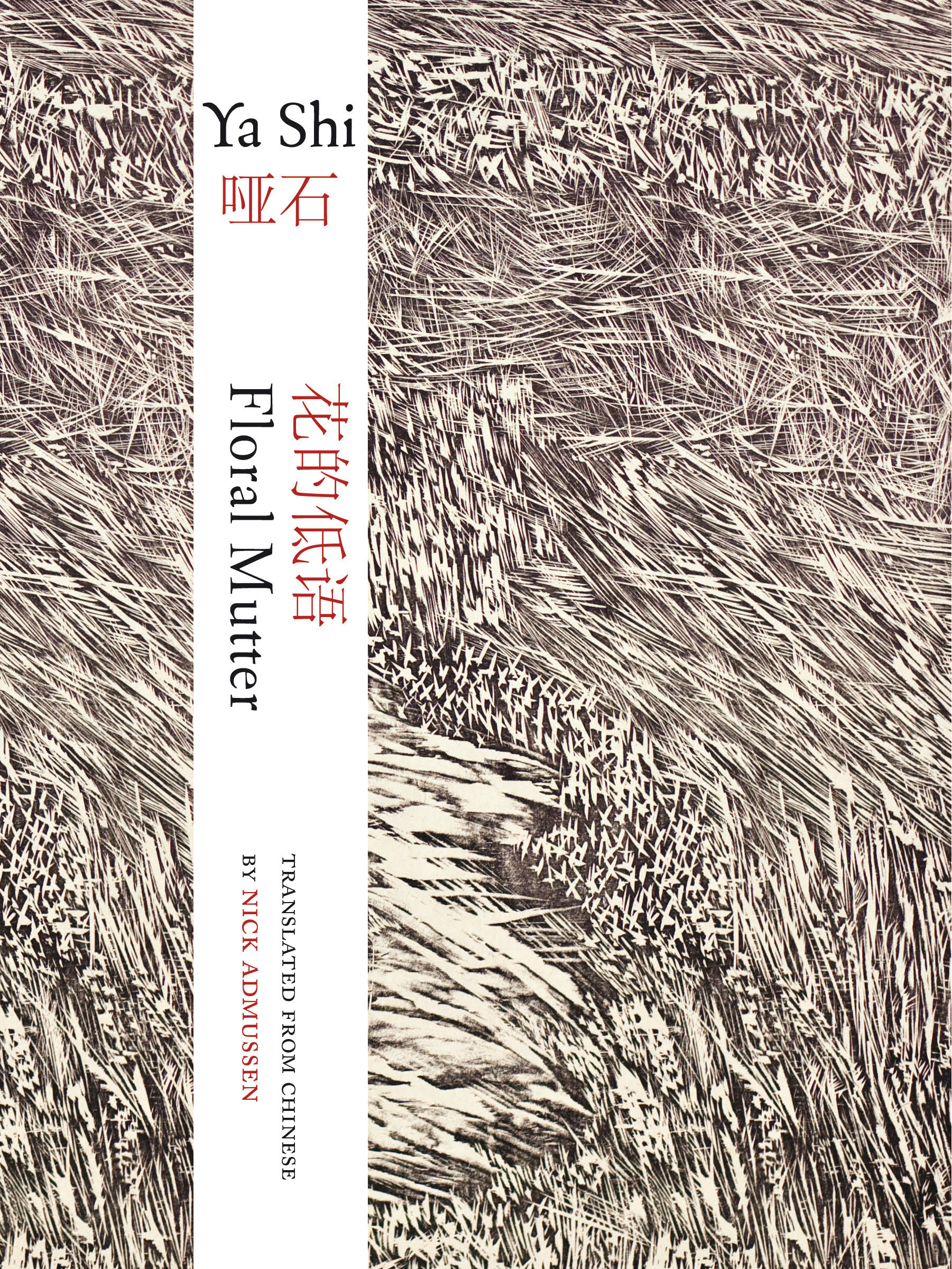Cresting this rouge-hued slope of oil shaleYou can see the lakewater a secluded placegreen brush on the shore so thick you can’t get your foot inas if it wants to push all static past the edge of its consciousnessI’m surprised there is not one tendril of mist atop itwater so blue that it pricks at the eyes of flying birdsI think that this is the mirror I dreamed of in childhoodmade by the will of the vast and continuous starsbut never, ever consenting to raise the slightest wave:if you put your hands into its silent, motionless waterthat pure, broad winter chill couldn’t it bite off your greedyhands at the wrist like an invisible fire? Think it overthe valley has taken the cold and each day into one warm embraceendured through long years yet is wholly unbored, untired — 山中静湖翻过这道胭脂色火页岩的斜坡就会看到湖水 一个幽深的所在湖岸的绿色灌木浓密得无法插足似乎要把一切噪音挡在意识外面我惊讶于湖面没有一丝水雾水这么蓝 蓝得足以刺酸飞鸟的双眼我想 这就是童年梦见过的那面镜子了由浩淼星空绵绵的意志制成却从来、从来不肯掀起半点波澜:如果把双手浸入这寂然不动的湖水那醇厚的寒意 是否会像隐形之火猛然咬断贪婪的手腕?想一想山谷把它、长天共拥进温暖的怀里经历了漫漫岁月 却从来没有厌倦──
Quiet Lake in the Hills
Feature Date
- July 30, 2020
Series
- Translation
Selected By
Share This Poem
Print This Poem
from FLORAL MUTTER, Zephyr Press
Chinese Copyright © 2020 by Ya Shi
English Translation Copyright © 2020 by Nick Admussen
All rights reserved.
Reproduced by Poetry Daily with permission.

Ya Shi 哑石 grew up in the Tuanbu Village Commune in China’s Sichuan province. He graduated from Beijing University with a mathematics degree in 1987. He began writing poetry in 1990: he won the Liu Li’an Poetry Prize in 2007, the Stars Poet of the Year Prize in 2016, and the Su Shi Prize in 2019. Today, he lives outside Chengdu with his family, where he teaches university mathematics.

Nick Admussen is an associate professor of Chinese literature at Cornell University. He is also the author of five chapbooks of original poetry, most recently Stand Back, Don’t Fear the Change from the New Michigan Press. You can learn more about his research, translation, and poetry at nickadmussen.com.
A math teacher by day, Ya Shi lives 1,000 miles from the Beijing literary scene, but is celebrated among lovers of Chinese poetry from the conservative to the avant-garde. His jagged and intense short lyrics, wild nature sonnets, punchy couplets, and genre-bending, surreal poetic essays daringly combine iconoclasm and heart. From poems about rock moths to monks to cartoon cats, his works stand outside conventional structures and forms of Chinese poetry, and find their roots instead in the independent spirit, folk imagination and tough music of the people of Sichuan.
Poetry Daily Depends on You
With your support, we make reading the best contemporary poetry a treasured daily experience. Consider a contribution today.




